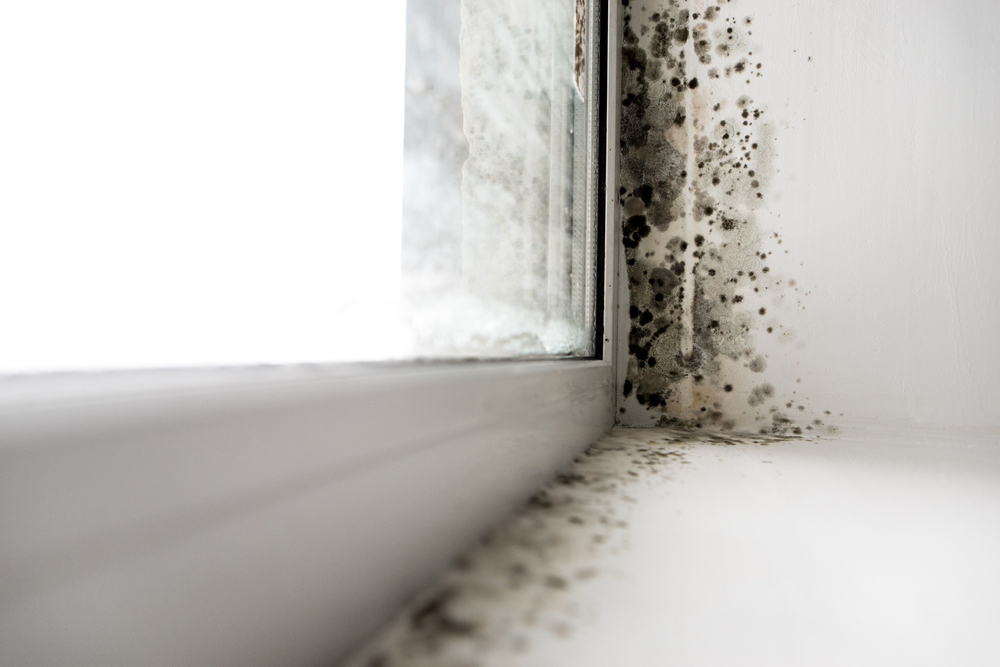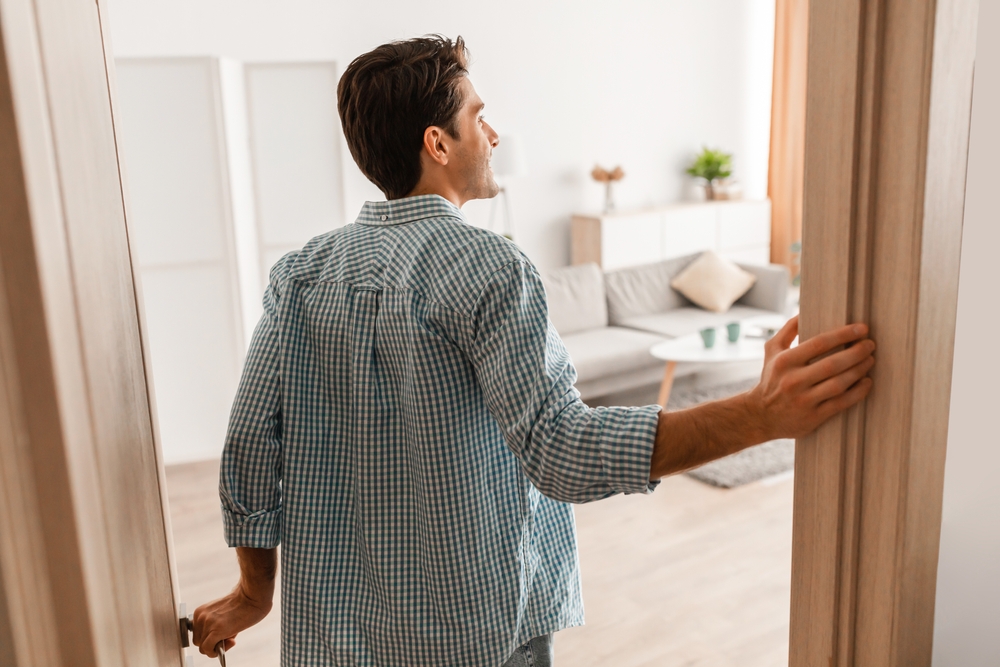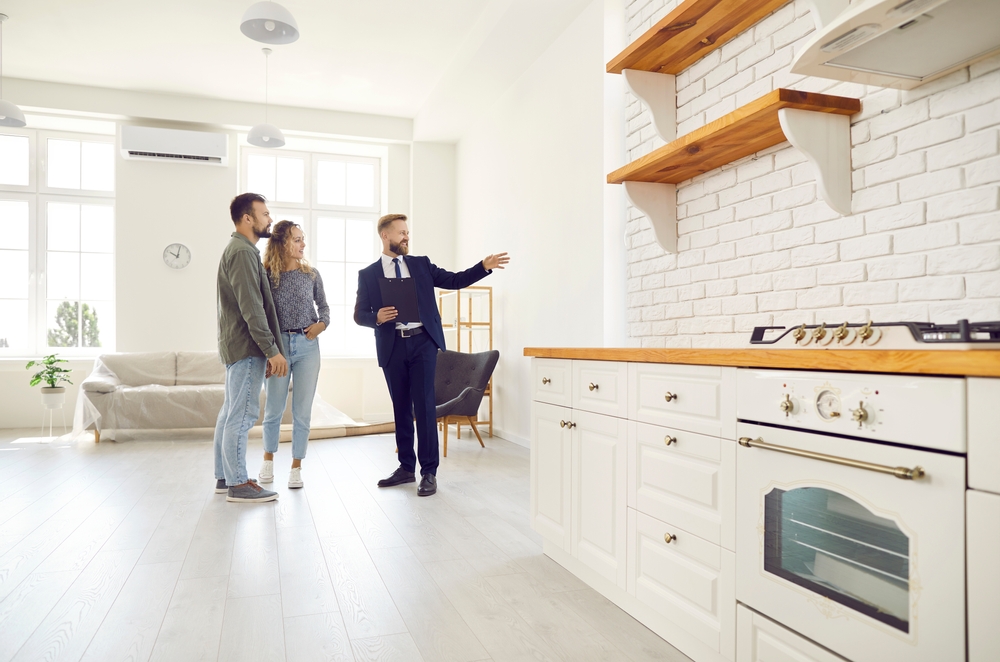For many millennials, buying a home once symbolized success and stability. But now, a growing number are experiencing serious regret. Between unexpected costs, lifestyle changes, and the pressure of long-term commitment, homeownership is proving more stressful than rewarding. As priorities shift and financial realities set in, more millennials are questioning whether buying a house was the right move at all.
The Dream of Homeownership Has Changed

For decades, owning a home symbolized stability, success, and adulthood. Many millennials grew up believing that buying a home was the ultimate goal. As they entered the workforce and saved for down payments, this dream remained at the top of their list. But now, a growing number of millennial homeowners are openly admitting that they regret the decision.
This trend reveals a deeper shift in the American housing experience. The real reasons behind millennial homebuyer regret go far beyond mortgage payments. They expose a mismatch between modern lifestyles and outdated housing expectations.
Unexpected Costs Catch Buyers Off Guard

One of the biggest surprises for millennial homeowners is how quickly expenses add up. While many planned for a mortgage, few were prepared for the dozens of hidden costs that follow. Property taxes, homeowners insurance, maintenance, repairs, lawn care, and rising utility bills often exceed expectations.
Unlike rent, where the landlord covers repairs and upkeep, owning a home makes the resident fully responsible. A single plumbing issue, broken appliance, or roof leak can set a homeowner back thousands of dollars. For millennials already facing tight budgets, these surprises can become overwhelming.
DIY Burnout and Maintenance Fatigue Are Real

Homeownership requires more than money. It also demands time, energy, and problem-solving. Millennials who were used to apartment living suddenly found themselves in charge of everything from mowing lawns to replacing air filters. For those working long hours or raising young kids, this added workload feels more like a burden than a privilege.
Some millennials believed they could handle repairs themselves to save money. But many underestimated the complexity of home systems or the time commitment involved. This do-it-yourself pressure has created a wave of burnout among first-time buyers.
Remote Work Has Changed Priorities

Before 2020, most buyers based their home search on commuting distance. But the remote work boom changed everything. Many millennials bought homes in cities or suburbs near offices, only to later find themselves working from home indefinitely.
Now, they are locked into mortgages in places that no longer suit their lifestyle. Some regret choosing space over location. Others wish they had held off buying so they could move freely with career changes or travel opportunities.
The shift in work habits has made flexibility more important than square footage. For many, homeownership has become a limitation instead of a foundation.
Buying Too Much, Too Soon

Social pressure also plays a role in homebuyer regret. Millennials who saw friends and family post photos of new homes on social media felt rushed into keeping up. Some bought houses before they were financially ready, stretching their budgets to the limit. Others chose homes that were too large or expensive in hopes of “growing into them.”
This fear of missing out led many to compromise on location, home quality, or personal needs. Now, with higher interest rates and rising costs, these decisions weigh heavier than ever. Buyers feel stuck with more space than they need and payments they can barely afford.
The Myth of Instant Equity

Millennials were often told that buying a home was a guaranteed way to build wealth. While that is sometimes true, it is not a short-term promise. Rising home prices, high closing costs, and mortgage interest make it harder to see quick gains. Many homeowners are discovering that the value of their homes has not increased as fast as they hoped.
On top of that, selling a home is not cheap or simple. Real estate fees, repairs, and moving costs can eat into any profits. For millennials who expected quick equity or instant financial freedom, the reality has been disappointing.
Housing Market Volatility Feeds Anxiety

The housing market has become increasingly unpredictable. Prices have surged in some areas, stalled in others, and even dropped in certain cities. Interest rates have fluctuated rapidly, making refinancing less appealing. Inflation has also driven up the cost of everything from materials to labor.
Millennials who bought homes during market peaks now worry they paid too much. Those who bought fixer-uppers are struggling to afford renovations due to rising supply costs. This uncertainty adds stress to what was already a major life decision.
Life Plans Are Changing Fast

Millennials are marrying later, having children later, and changing careers more frequently than past generations. These shifts make long-term homeownership more complicated. Some homeowners regret buying because their life plans changed. They may now want to move for a job, start a family in a new city, or downsize after a breakup.
But selling a home can take months, especially in cooling markets. This delay can cause missed opportunities and create added emotional and financial strain. What once felt like security can quickly become a barrier to change.
The Emotional Weight of Ownership

Beyond financial and logistical issues, homeownership also carries emotional pressure. Many millennials feel trapped in the identity of being “homeowners.” They feel guilty for regretting something they worked so hard to achieve. Others feel embarrassed admitting they want out.
There is also the emotional weight of keeping a house in good shape, dealing with neighbors, and constantly managing responsibilities. For those who value simplicity or minimalism, owning a home can feel more like a full-time job than a dream come true.
Renting Is No Longer a Dirty Word

A growing number of millennials are rethinking their attitude toward renting. While older generations saw renting as a temporary phase, many young adults now see it as a lifestyle choice. Renting offers freedom, lower stress, and fewer long-term commitments.
In cities with rising property taxes and aging homes, renting can even be cheaper than owning. It also allows for flexibility during uncertain economic times. This shift in mindset has made homeownership feel less essential than it once was.
Read More: 7 Smart Reasons to Delay Buying a Home During Tariff Turmoil
What Future Buyers Can Learn

Millennials’ regrets offer important lessons for anyone considering homeownership. First, it is critical to budget beyond the mortgage. Future buyers should account for maintenance, repairs, and long-term costs. Second, lifestyle flexibility should not be overlooked. A home that suits your current life may not serve your future plans.
It is also wise to ignore outside pressure. Social media posts do not reflect personal finances or long-term goals. Buying a home should be a decision based on stability, not comparison. Finally, understanding the true responsibilities of ownership can help set more realistic expectations.
Regret Does Not Mean Failure

Not every millennial homeowner is unhappy, and not every regretful buyer made a mistake. Regret often stems from unmet expectations, not from poor decisions. For many, these challenges have sparked growth, resilience, and clearer financial goals.
The important thing is to learn from the experience and adjust going forward. Whether that means selling, refinancing, or simply taking a break from big purchases, there are always paths forward.
Conclusion: A Generation Rethinks the American Dream

Millennials are reshaping the way Americans think about success, freedom, and the future. Their regrets about homeownership do not mean they failed. They highlight a deeper truth, the dream of owning a home looks different today than it did for previous generations.
Flexibility, financial balance, and emotional wellbeing now matter more than property lines or square footage. As this generation leads the way in rethinking what it means to own, they are helping build a more honest conversation about what home really means.
Read More: Friends are buying homes together. Here’s why.
Disclaimers: This article was created with AI assistance and edited by a human for accuracy and clarity.
